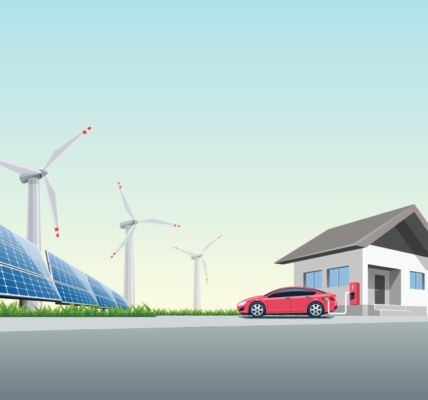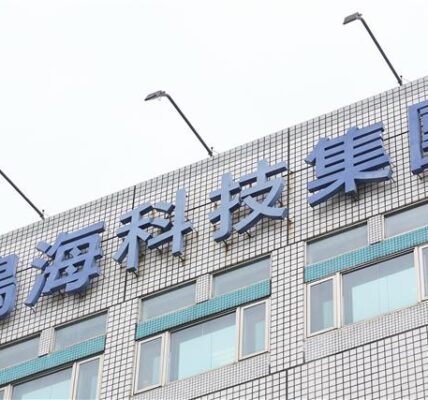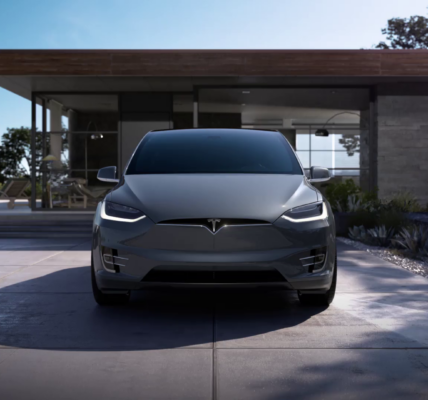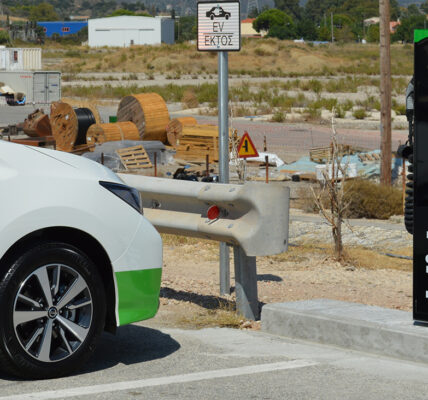South Korea’s Hyundai Motor Group and LG Energy Solution on kicked off the construction of a $1.1 billion electric vehicle battery plant in Indonesia, which President Joko “Jokowi” Widodo hailed as marking the country’s shift away from resources toward technology.
LG Energy CEO Kim Jong-hyun said the factory will churn out “next generation” lithium-ion battery cells using the company’s new NCMA technology, with production expected to start in 2024 and output to be exclusively used by Hyundai and its affiliate, Kia. NCMA refers to nickel, cobalt, manganese and aluminum-based battery cells containing 90% nickel, which LG said offer a competitive edge in performance and price by using less cobalt and adding aluminum.
“Using Indonesia … as a steppingstone, we will actively develop this factory as a main base toward the global electric vehicle market beyond ASEAN,” Kim said in a video speech played during the groundbreaking ceremony for the new plant in Karawang on the island of Java.
“Through the joint venture with Hyundai Motor, we’re planning a grand package of investments from mines to cells and will become a reliable partner for Indonesia in the development of the economy and technology,” he added.
The factory will sit on a 330,000 square-meter plot of land, about a two-hour drive from Jakarta. It is expected to produce 10 GWh worth of lithium-ion battery cells annually when fully operational, or enough for more than 150,000 EV batteries.
Hyundai, meanwhile, is building an automobile factory nearby, with production slated to commence next year.
Indonesia’s investment minister and the head of the Investment Coordinating Board, Bahlil Lahadalia, said the battery plant is part of a $9.8 billion plan signed with LG Energy last December to develop an integrated battery industry in Southeast Asia’s largest economy through partnerships with several state-owned enterprises.
The plan includes the ongoing construction of a nickel smelter in North Maluku Province in eastern Indonesia and a project to build a cathode precursor and recycling facility in Central Java Province that might break ground near the end of this year.
Indonesia holds the world’s largest proven reserve of nickel, which it wants to use to become part of the global supply chain for electric vehicles.
The government has rolled out the red carpet for Hyundai and LG to develop the battery plant, helping the South Korean companies bypass notorious bureaucratic hurdles that have kept many investors away. “They only need to bring in the capital and technology and make the market, while the Indonesian government is taking care of the permits and incentives, in line with instructions from the president,” Lahadalia said.
Widodo, who attended the ceremony in Karawang, said the construction of the battery plant proves the government’s “serious commitment” to developing Indonesia’s downstream mining industry and “escaping as soon as possible from the trap of raw material” exports.
“The golden age of raw material commodities has ended,” Widodo said. “We have to boldly change the commodity-based economic structure to downstream and industrialization, [to] become a powerful nation based on the development of technology innovations.”
He added that he hopes developing the domestic battery industry will draw investments to support the local manufacture of electric vehicles, including motorbikes and buses.







